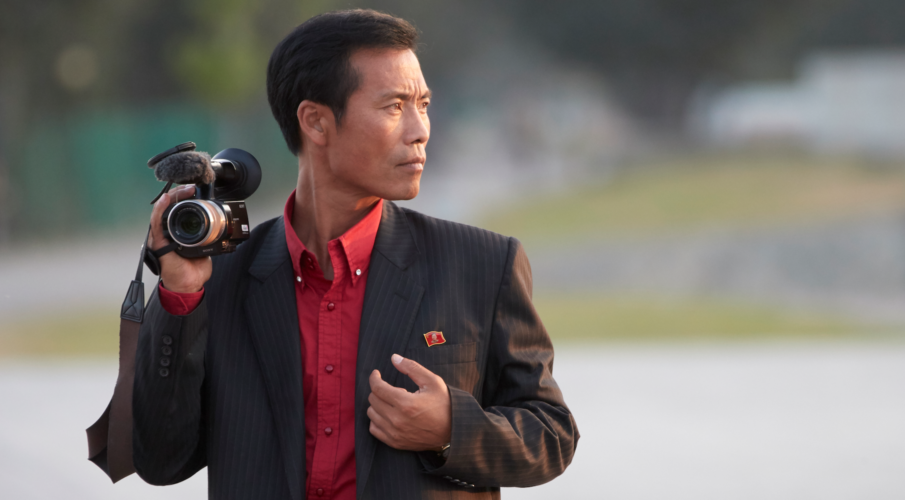Understanding Recent Developments in North Korea

Introduction
North Korea, officially known as the Democratic People’s Republic of Korea (DPRK), has been a focal point of international attention for decades due to its controversial political regime and nuclear ambitions. Recent events have highlighted the escalating tensions on the Korean Peninsula and the implications for global security, making this topic as relevant as ever.
Current Political Climate
In 2023, North Korea has continued to assert its military capabilities, having conducted a series of missile tests that have drawn widespread condemnation from the international community. Notably, in early September, North Korea launched ballistic missiles into the Sea of Japan, a move described by many as a demonstration of its growing military prowess. This test followed significant geopolitical tensions following the US-South Korea military exercises, which Pyongyang views as a direct threat. The North’s leadership, under Kim Jong-un, remains steadfast in its commitment to developing its nuclear arsenal, claiming it is necessary for national security.
International Response
The international response to North Korea’s provocations has included both condemnation and diplomatic efforts to defuse tensions. The United Nations has escalated calls for sanctions against the regime, while negotiations led by the United States, South Korea, and Japan have been met with little success. Recently, there have been indications from North Korea that it remains willing to engage in dialogue under certain conditions, though these are often perceived as manipulative in nature. The nuclear issue remains a significant barrier to fostering stable relations.
Humanitarian Crisis
Beyond its military posture, North Korea continues to face a severe humanitarian crisis, exacerbated by international sanctions and the ongoing effects of the COVID-19 pandemic. Reports indicate that food shortages are critical, with estimates suggesting that approximately 40% of the population is experiencing food insecurity. Human rights organisations have urged the international community to consider the humanitarian needs of the North Korean people while still addressing the regime’s nuclear activities.
Conclusion
The situation in North Korea is complex and multifaceted, deeply impacting regional and global security. As tensions persist, observers are left to speculate on the future trajectory of the DPRK’s nuclear programme and its ability to cooperate—or continue to conflict—with the international community. The balance between maintaining pressure on its military ambitions and addressing urgent humanitarian needs will be paramount as global leaders navigate these challenges. Continued attention to North Korea is essential as its actions may have widespread consequences that extend beyond the Korean Peninsula.









